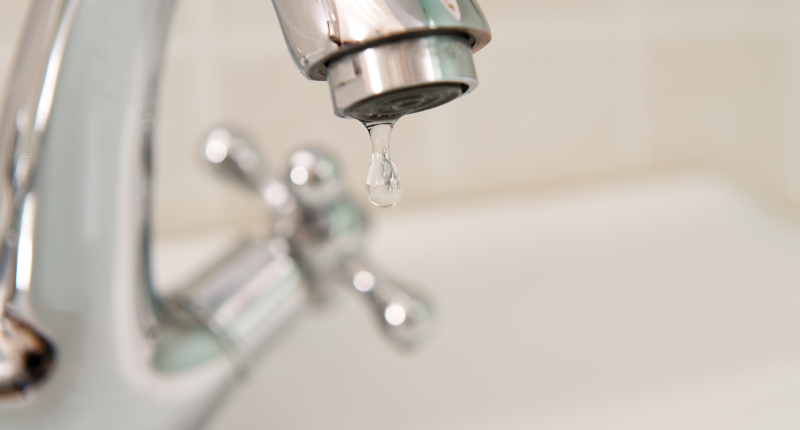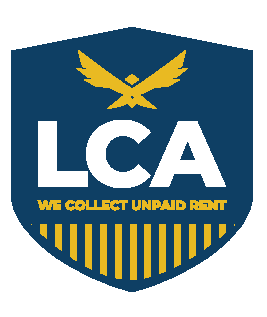Water is a precious resource, and as a landlord, it’s your responsibility to ensure your rentals are using it efficiently. Not only does excessive water usage translate to higher water bills for you or your tenants (depending on your lease agreement), but it can also put a strain on local water supplies. This article dives into the world of water management in rental properties, offering tips to conserve this vital resource and keep your bottom line healthy.
Understanding Water Usage in Rentals
The first step is understanding how much water your rentals typically use. Most water utilities provide detailed billing information that breaks down water consumption. Track your water usage trends over time to identify any sudden spikes that might indicate a leak. Additionally, some municipalities offer resources for landlords, including average water usage benchmarks for different property types.
Who Pays the Water Bill? Tenants vs. Landlord
Whether tenants pay for water in a rental property depends on several factors, including local regulations and the specific terms of your lease agreement. Here’s a breakdown of what to consider:
- Local Regulations: Some municipalities may have regulations regarding who is responsible for water bills in rental properties. Check with your local water utility or tenant association to see if any such regulations exist in your area.
- Lease Agreement: The lease agreement is the primary document outlining the responsibilities of both landlord and tenant. It should explicitly state who is responsible for paying the water bill. If the lease agreement is silent on the issue, local laws will typically prevail.
- Common Practices: In many areas, the following practices are common:
- Single-Family Homes: Tenants often pay for water bills in single-family homes. This allows them to directly control their water usage and the associated costs.
- Multi-Unit Buildings: In apartment buildings or other multi-unit dwellings, the water bill might be included in the rent or billed separately to each unit. The specific approach will vary depending on the landlord’s preference and the building’s setup (e.g., individual water meters for each unit).
- In Connecticut: multi-family properties can only charge tenants for water if they have their own water meter. A water bill can not be divided into segments and billed to the tenants, they must have their own separate water meter if they are to pay for the water usage.
Key Points to Remember:
- Always refer to your lease agreement to determine who is responsible for paying the water bill.
- If the lease agreement is unclear, consult with a local attorney or property management professional for clarification.
- In some cases, landlords might choose to include water as part of the rent, especially in multi-unit dwellings where individual water usage might be difficult to track.
The Leak Detectives: Identifying and Addressing Water Waste
Leaks are silent water thieves, and even small ones can lead to significant water waste over time. Here’s how to identify and address leaks in your rental properties:
- Regular Inspections: Schedule routine inspections of your properties to check for leaky faucets, dripping pipes, and malfunctioning toilets. Pay close attention to areas prone to leaks, such as under sinks and around water heaters.
- Tenant Awareness: Educate your tenants about the importance of water conservation and encourage them to report any suspected leaks promptly. Include information about how to identify leaks in your lease agreement or welcome packet.
- Invest in Leak Detection Technology: Consider installing smart water leak detectors in your rentals. These devices can alert you to potential leaks remotely, allowing you to address the issue before it causes significant damage or water waste.
Empowering Efficiency: Encouraging Water Conservation
Beyond addressing leaks, there are several ways to encourage water conservation in your rentals:
- Install Water-Efficient Fixtures: Upgrade faucets, showerheads, and toilets to low-flow models. These fixtures use less water while maintaining functionality. In some areas, there might be rebates available for installing water-efficient appliances.
- Provide Tenant Incentives: Consider offering incentives for water conservation. This could involve a discount on rent for tenants who consistently meet water usage benchmarks or providing water-saving shower timers or faucet aerators.
- Communicate Water Conservation Tips: Share water conservation tips with your tenants. This could include simple measures like taking shorter showers, fixing leaky faucets promptly, and turning off the faucet while brushing teeth.
The Cost of Conservation: A Wise Investment
Investing in water conservation measures might seem like an upfront cost, but the long-term benefits outweigh the initial investment. Here’s why:
- Reduced Water Bills: Lower water usage translates to lower water bills for you or your tenants (depending on your lease agreement).
- Tax Incentives: Some municipalities and utility companies offer tax credits or rebates for installing water-efficient appliances.
- Environmentally Responsible: By promoting water conservation, you’re contributing to a more sustainable future.
Building a Culture of Conservation
By implementing these strategies, you can create a culture of water conservation in your rentals. Remember, communication and collaboration are key. Work with your tenants to promote responsible water use and create a win-win situation for everyone involved.
Call to Action:
Water conservation is an ongoing process. Stay informed about the latest water-saving technologies and best practices. Join CTPOA to connect with other landlords, share water-saving tips, and access valuable resources related to property management. Together, we can ensure our rentals use water wisely while creating a more sustainable future.








